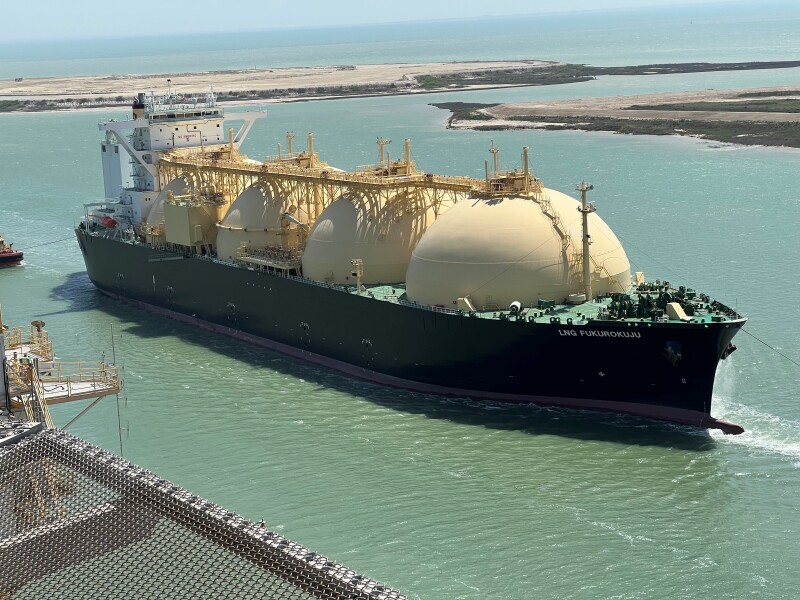Technip Energies and Baker Hughes have signed a deal that brings the two technology companies together to develop modular liquefied natural gas (LNG) systems for use onshore.
This modular approach, where the construction is accomplished in a controlled manufacturing shop environment, helps to reduce risk and uncertainties associated with on-site labor and schedule delays.
The Technip Energies and Baker Hughes memorandum of understanding sets the groundwork for the joint development of LNG modules with the capacity between 1 and 2 mtpa for the onshore market.
The two contractors seek to reduce the time-to-market for LNG to meet today’s energy demand. The agreement will provide each company with an additional offering to their proprietary LNG modularized systems: Baker Hughes’ mid-scale modualar solution, with a production capacity of 0.8 to 1 mtpa, and Technip Energies’ SnapLNG, a fully electrified offering with a production capacity of 2 to 3 mtpa.
“Cooperating in advancing technology in LNG with our long-term partner Baker Hughes is an important step for the energy industry and for our clients. The combination of our expertise, modular approach, and references will enable shorter delivery times and better affordability” said Technip Energies CEO Arnaud Pieton. He added that the tentative agreement “reflects Technip Energies’ commitment to deliver low-emission liquefaction solutions through electrification and the elimination of fugitive emissions to accelerate the energy transition.”
Baker Hughes CEO Lorenzo Simonelli said the agreement is “a milestone in our relationship with Technip Energies, and it is mutually beneficial to both companies, leveraging our respective technology expertise and proven track record in the LNG space while maximizing benefits for our customers.” Simonelli added that "LNG will continue to play a key role to solve the energy trilemma," and that the “ability to accelerate time-to-production through modularized solutions can be a differentiator.”


